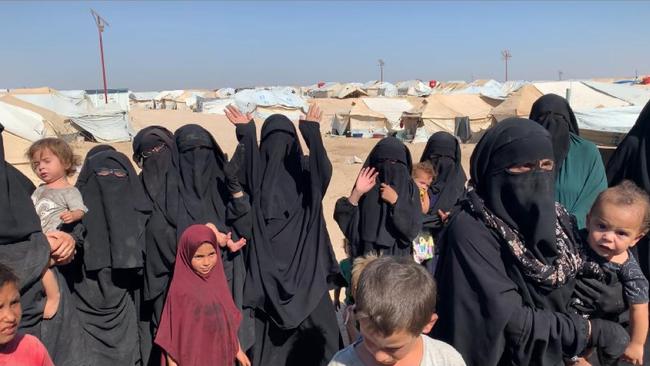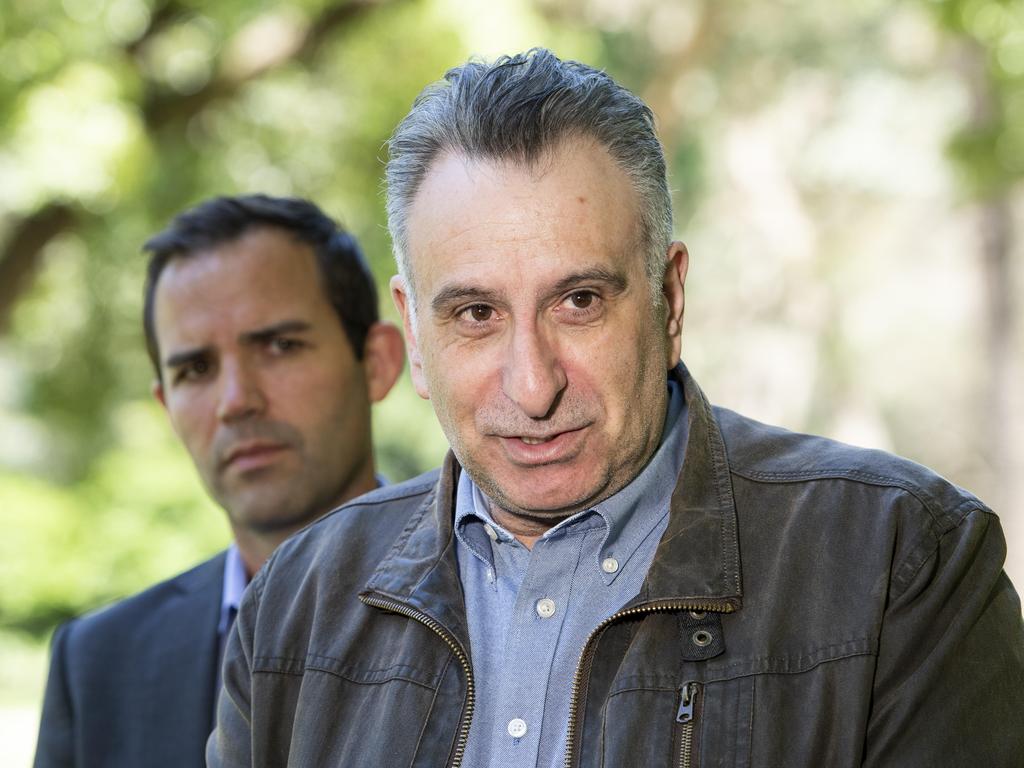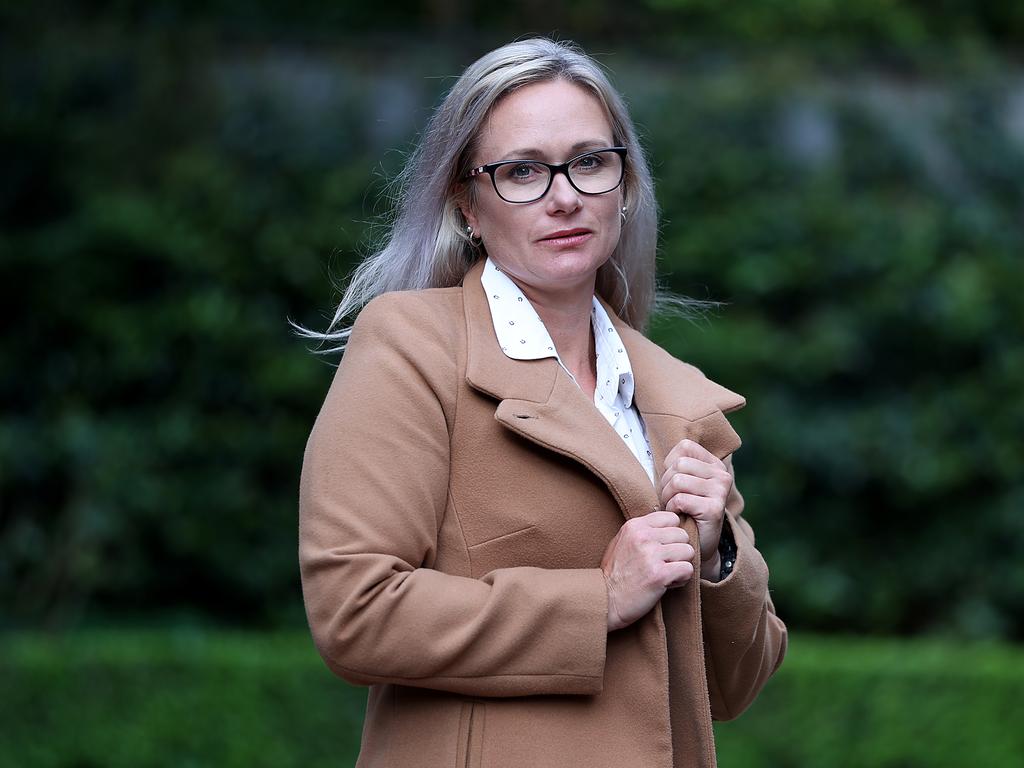Aussie ISIS brides and their children are our problem
But what threat do they pose, and should we be concerned about their repatriation? The answers are far from simple given such a complex situation.

From the Opposition Leader to the average suburbanite, there are rumblings of disquiet about bringing home women who are seen, justifiably, as terrorists or aiding terrorism and their children as potential terrorists.
After all, the women mostly went to Syria of their own accord and, unfortunately, the youngest age of criminal responsibility in Australia is 10 – if the law can prove they knew what they were doing.
So what threat do these people pose, and should we be concerned about their repatriation?
I want to state from the outset, as I have previously, I support their return. First there were the few who were taken to Syria as adolescents and married to jihadis. Then there were the ones who went willingly. All of them, particularly the former, were very young, mostly under 20 – one as young as 15. Most of their husbands are dead and some of their children have died in the war or in the camp.
However, these circumstances do not necessarily mitigate the problem of the risk the women and their children might pose in the future. It is a complex issue.
Peta Lowe is the former director of Countering Violent Extremism for Juvenile Justice in NSW. Lowe supports their return, but as an expert in this field she warns of the potential risk. In her experience of young people who have been convicted of preparing to carry out a terrorist act, most were not on the periphery. Terrorism, she says, “doesn’t really fit a spectrum of seriousness” even though many of us find it hard to wrap our brain around the idea of a young person, legally a child, doing this.
Lowe says there is a notion that children and young people are always “vulnerable victims”, but whether they are vulnerable victims or rational actors is difficult to generalise. Yes, there are developmental vulnerabilities that affect your ability to make good decisions. However, Lowe stresses that “we are not talking about impulsive adolescent action when a young person is involved in 12-month planning. What is interesting is their critical thinking and understanding second and third-order consequences.”
We have to look at the risk, no matter what we feel about how a young person got into that situation: “We have to understand the risk or the threat that they might pose right now if we are to adequately and appropriately address that – even if I know and understand the context of their risk … We have to be realistic.”
So what do you do with a 12 or 13-year-old? According to Lowe, they are not always a victim or a perpetrator. They are both. We have to understand their perceptions of injustice and, yes, we should repatriate them; after all, we wouldn’t be having a debate about the ethics of removing an abused child from their home.
This will be hard because a lot of those women and children have never really been part of any community. Islamic communities will have an obligation to foster that sense of community. For children, early intervention is the most positive thing you can do. But a robust assessment will tell us what factors in a particular situation for particular individuals are, because the journey to radical terrorism is different for each individual, and the journey out is different.
The only other solution is to lock them all up and “throw away the key”. But what incentive is there to change if there is no hope for you to change?
In Sydney, where the women will be settled, this debate is a hot topic. Recently Tim Watson-Munro, a criminal psychologist interviewed by 2GB’s Ben Fordham, shared Lowe’s concern that the complexities of repatriation were being overlooked. He agreed that children could be radicalised but pointed out that their brains were very malleable and could be reshaped. “The children are mostly between six and early teenage years. In terms of brain development, it is not until you hit the teen years that you start to think conceptually. Younger kids can be reshaped. In older kids the risk can be reduced … We already have people in jail who pose a much greater risk to the community than six-year-olds.”
What of the argument that the women made their decisions and they should put up with the consequences? True, but perhaps after having seen the reality of what they bought into – war, death of their husbands, death of their children – they could see the misery of this better than anyone, certainly better than when they were younger and more naive. This alone could cause them to change their views.
As for the children, many of whom will suffer from post-traumatic stress disorder, if they are ostracised from the community they will have no incentive not to become radicalised and will be susceptible to propaganda. Perhaps Fordham’s view chimed with that of many people when he said: “At the moment this is not our problem, so why are we importing it?”
But he is wrong. This is our problem. These women are Australian citizens and our government has an obligation to them as citizens, whether we like it or not.







The return of the Australian ISIS brides and their children from refugee camps has caused a great deal of consternation.